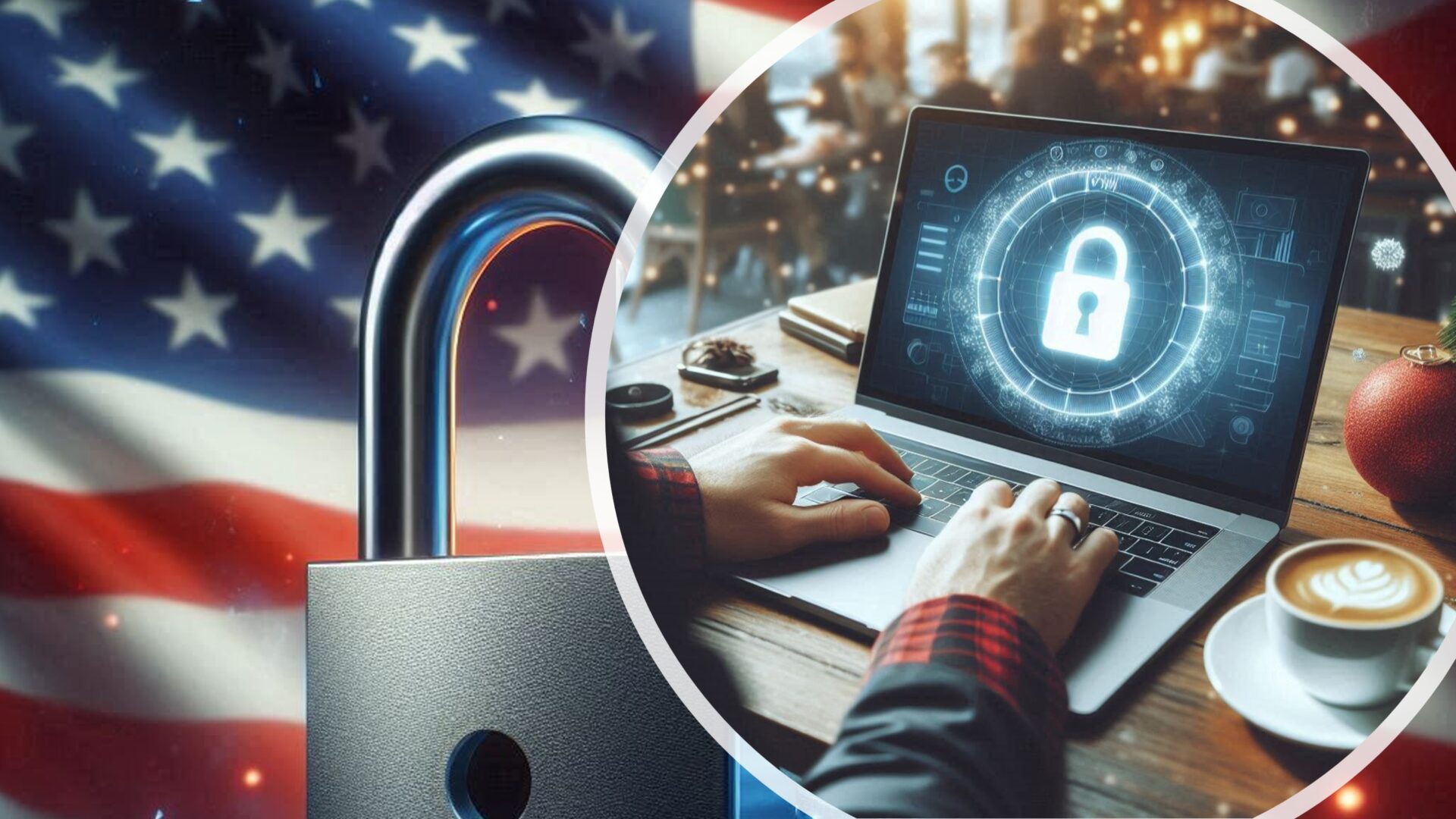How to Protect Your Business and Yourself from Cyberattacks This Memorial Day Weekend
As Memorial Day weekend approaches, businesses across the United States face a sobering reality: cybercriminals don’t take holidays. They specifically target organizations during long weekends when security teams are understaffed, and employees are focused on vacation plans. Understanding this threat and taking proactive measures can mean the difference between a peaceful holiday and a costly cyber catastrophe.
Why Memorial Day Weekend Is Prime Time for Cybercriminals
Threat actors have recognized a clear pattern of vulnerability during holiday weekends. Nearly half of all organizations operate with staffing levels below 33% during holidays and weekends. This reduced capacity creates an ideal environment for attackers who know that “security teams tend to operate with reduced staffing on weekends and holidays”.
The motivation is simple but effective: cybercriminals can “evade detection, do more damage and steal more data as security teams scramble to mobilize a response”. With fewer IT professionals available to detect and respond to threats, attackers gain precious time establishing network persistence and maximizing damage before discovery.
The Memorial Day Weekend Hall of Infamy
JBS Foods – Memorial Day Weekend
The most prominent Memorial Day weekend attack targeted JBS Foods, one of the world’s largest meat processors. The REvil ransomware group struck over Memorial Day weekend, affecting the company’s food production facilities in the United States and Australia. The attack resulted in a complete production stoppage, forcing JBS to pay a $11 million ransom to restore operations. This attack demonstrated how holiday timing could amplify the impact on critical infrastructure and food supply chains.
Colonial Pipeline – Mother’s Day Weekend
While technically the Mother’s Day weekend rather than Memorial Day, this attack occurred during the same holiday season and illustrates the pattern. The DarkSide ransomware group targeted Colonial Pipeline’s IT network, resulting in a week-long suspension of operations affecting 45% of all fuel consumed on the East Coast. Colonial Pipeline paid $4.4 million in ransom, though the FBI later recovered $2.3 million from the Russia-based hacking group.
The Growing Cost of Holiday Attacks
Recent statistics paint a concerning picture of holiday cybersecurity risks:
- Financial Impact Increasing: One-third of organizations now report losing more money from holiday or weekend ransomware attacks, a dramatic increase from just 13%.
- Extended Recovery Times: Over one-third of organizations experience longer recovery times for holiday and weekend attacks than weekday incidents.
- Human Cost: 86% of cybersecurity professionals report missing holidays or weekend activities with family due to cyber incidents.
- Prevention Value: Organizations that successfully prevent attacks could save approximately $1.4 million per attack.
Holiday sales represent 20% of annual sales across most industries, making any disruption during this period particularly costly for targeted organizations.
Essential Memorial Day Weekend Cybersecurity Checklist
Immediate Pre-Holiday Actions
- Conduct Emergency Security Training
Review phishing awareness with all employees before the weekend. Cybercriminals often use holiday-themed emails and promotions to lure victims into clicking on malicious links. Ensure staff understand how to identify and report suspicious communications. - Update All Software and Systems
Complete all critical security updates before the holiday weekend. Since 80% of ransomware attacks can be traced to configuration errors in software and devices, ensuring systems are fully patched is crucial. - Enable Multi-Factor Authentication (MFA)
Activate MFA on all business-related software and services. This critical step prevents attackers from accessing systems even if they obtain login credentials. - Limit Network Access
Consider temporarily restricting system access to non-essential personnel during the extended weekend. While this may inconvenience some employees, it significantly reduces the attack surface when security staffing is minimal.
Staffing and Response Preparations
- Establish Clear Emergency Contacts
Ensure you have a clearly defined incident response team with written documentation of who is on call and when. If applicable, include contact information for managed security service providers. - Configure Automated Security Tools
Tune Security Orchestration, Automation, and Response (SOAR) tools to handle more automated responses during the holiday period. With fewer employees active, you can increase automation without risking false positive lockouts. - Lock Down Privileged Accounts
High-level administrative access is rarely required during holiday breaks. Security experts recommend temporarily disabling privileged accounts that aren’t essential for holiday operations.
Network and Physical Security
- Monitor Network Activity Continuously
Ensure 24/7 network monitoring is in place. Smaller organizations should consider partnering with managed security service providers for comprehensive coverage. - Secure Physical Access
Review and update physical access privileges, ensuring no one has more access than necessary. Check all the doors, windows, and entry points before closing for the holiday. - Prepare Isolation Procedures
Have clear procedures ready to isolate compromised systems quickly. This will prevent attackers from spreading malware to other systems and limit damage.
Employee Education and Awareness
Wi-Fi and Remote Work Safety
With increased travel during Memorial Day weekend, educate employees about public Wi-Fi risks. Recommend using VPNs, avoiding online banking on public networks, and verifying network names with staff before connecting.
Email Vigilance
Remind staff to approach all emails with heightened suspicion during the holiday period. Attackers often use urgency and holiday promotions to manipulate victims into quick, unthinking responses.
Creating a Holiday Incident Response Plan
Every organization needs a comprehensive incident response plan outlining preparation, identification, containment, eradication, and recovery procedures. This plan should include:
- Clear escalation procedures with emergency contact information
- Data backup and recovery protocols are tested before the holiday
- Communication plans for notifying stakeholders, customers, and authorities
- Legal and regulatory compliance requirements for breach notification
The Bottom Line
Memorial Day weekend should be a time for rest and recreation, not cyber crisis management. The pattern of holiday weekend attacks is clear, and the financial and operational costs continue to rise. Organizations that take proactive security measures before the holiday can enjoy their time off knowing they’ve minimized their risk exposure.
Remember that cybercriminals are counting on businesses to let their guard down during holiday periods. By implementing these security measures and maintaining vigilance, you can ensure that your Memorial Day weekend focuses on what matters most – time with family and friends, not cyber incident response.
Don’t let cybercriminals crash into your holiday party. Act now to protect your business, employees, and peace of mind this Memorial Day weekend. Need help? Contact CMIT Solutions today.
Stay safe and have a secure Memorial Day weekend!
#Cybersecurity #InfoSec #CybersecurityAwareness #DataProtection #CyberThreats #BrowserSecurity #CyberRisk #GenAI #rutgers #remba #mcrcc #mccc #newjersey #njccic #njsbdc #sbdc #njlaw #cpas #nonprofit #education #school #cmitsolutions #ExtensionSecurity #ThreatIntelligence #ZeroTrust #DataPrivacy #Phishing #Malware #CyberDefense #IncidentResponse #SecureYourData #CybersecurityTips #Tech #DigitalSafety #StaySafeOnline #Security #memorialday #holiday #travel #travelsafe


